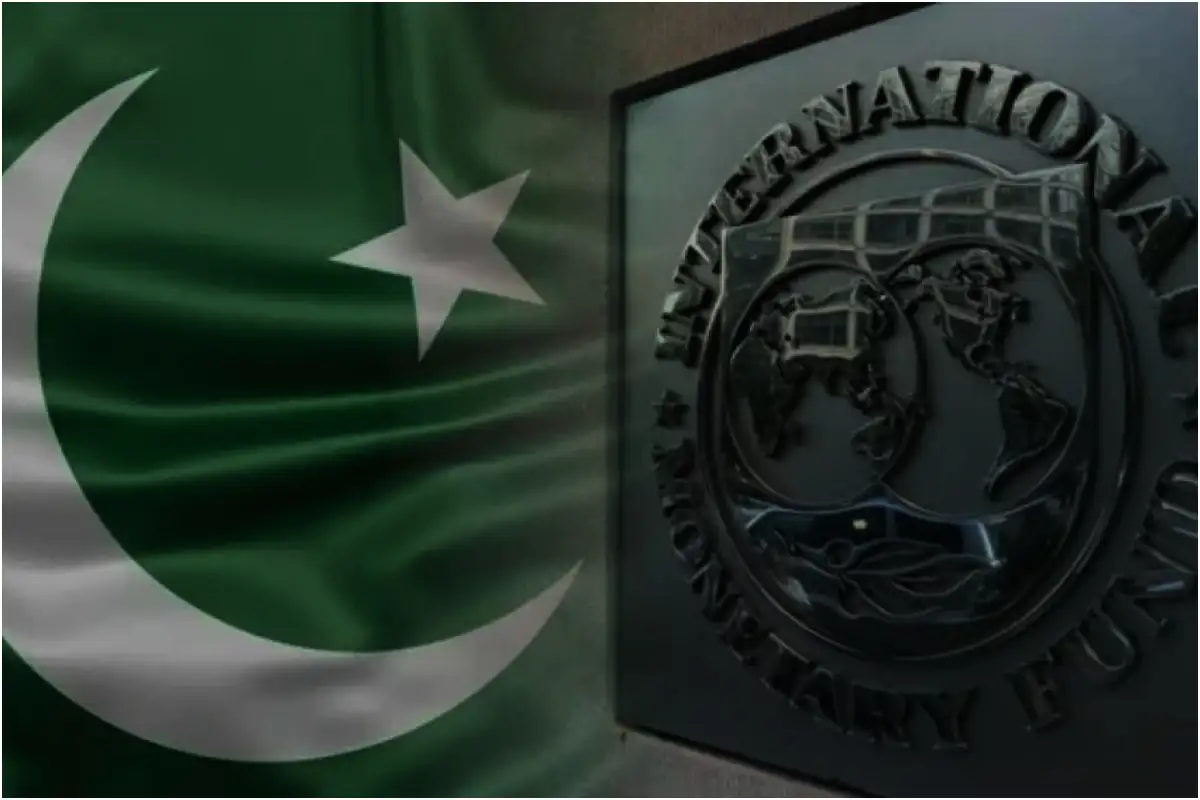Virtual discussions between Pakistan and the International Monetary Fund (IMF) are scheduled to take place today (Monday) regarding the fiscal year 2025–26 budget. The meeting comes after previous talks remained inconclusive due to disagreements over the government’s proposed relief measures.
According to official sources, a major focus of the dialogue will be on resolving the circular debt crisis in the gas sector. “Pakistan’s officials will present the plan for ending the gas sector’s circular debt in virtual talks,” sources shared. The circular debt in the gas sector is currently estimated at approximately Rs 2,800 billion. As part of the talks, a proposal involving the use of dividends to reduce this debt is expected to be discussed.
The IMF has asked for detailed financial data from gas sector companies. In response, Pakistani officials will present a five-year performance review, including details of profits, losses, cash flow statements, and balance sheets. “The monetary fund will be informed about the gas companies’ profit, loss data as well as the cash flow and balance sheet,” sources said.
A structured plan to eliminate gas sector circular debt over the next five years will be submitted. Meanwhile, the IMF has insisted on a broader approach to tackle circular debt in the power sector as well. “IMF emphasized the need to implement a comprehensive plan to eliminate circular debt in FY2026,” sources added, noting that negotiations with Independent Power Producers (IPPs) are key to reducing the burden by Rs 348 billion.
Last week’s impasse stemmed from IMF objections to government proposals such as additional power subsidies for domestic users and tariff reductions for industrial consumers. The IMF dismissed these measures and stressed the need for timely electricity tariff hikes in the coming fiscal year.
In a separate issue, the Federal Board of Revenue (FBR) has requested a revision of its tax revenue target of Rs 14.307 trillion. The IMF has shown some willingness to consider a revised goal, possibly ranging from Rs 14.05 trillion to Rs 14.1 trillion. Despite this, the Fund expressed concern over Pakistan’s fiscal discipline, noting the imbalance between rising expenditures and reluctance to raise tax targets.
“The IMF warned that if spending exceeds the fixed limit, Pakistan will miss its primary balance surplus target – an essential condition of the current IMF loan program,” sources cautioned.












